What is Bitcoin and How to Use It
by Emma Feller
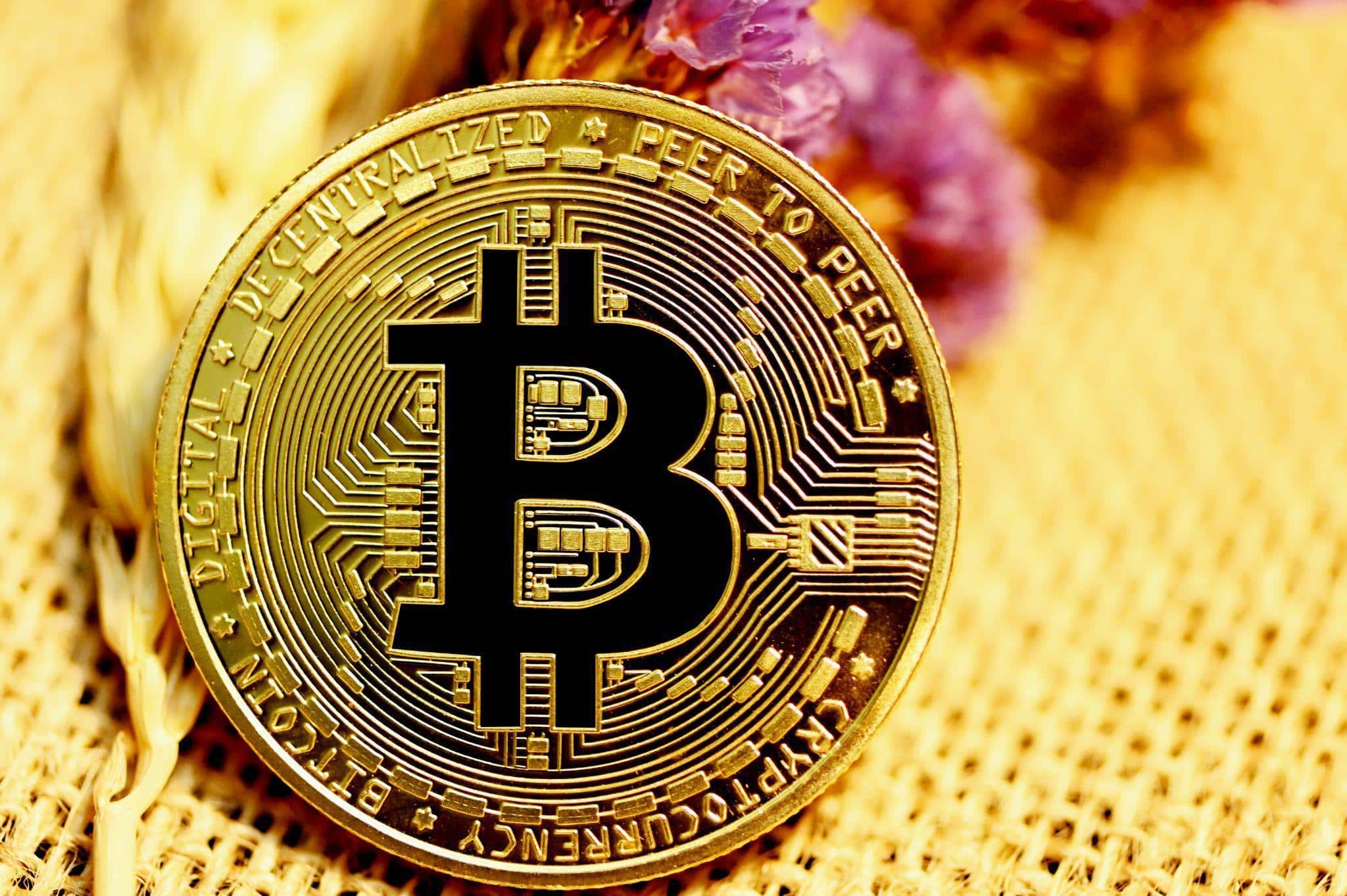
Bitcoin is the original cryptocurrency, the one that started it all, and it remains the most popular choice for a lot of people looking to get into cryptocurrency. However, it can be hard to understand how it works if you’re completely new to the world of crypto. In this guide, we’ll give you everything you need to know about Bitcoin and how to use it to gamble online.
Essentially, Bitcoin is a digital currency that operates on a peer-to-peer network, allowing you to transfer money without having to rely on a third party such as a bank or payment processor. This means lower fees and a higher level of trust, as well as making it accessible to anyone. In addition, Bitcoin is a deflationary asset, meaning it becomes scarcer over time, which has made it popular among investors.
How Bitcoin Works
Bitcoin works by using a technology known as the blockchain, which is a unique way of storing data. The blockchain is a distributed ledger which is shared between all devices on the network, meaning all data stored on it can be accessed and validated.
When a Bitcoin transaction is made, the information on the blockchain is used to verify it before a new block is created with the new data. This ensures that all financial movements are balanced correctly, with the verification of each transaction performed by validators known as miners.
Bitcoin Mining
While there’s no third party or middleman involved in processing Bitcoin payments, the network is dependent on the miners that validate each transaction. Bitcoin mining is performed by computers on the network that must solve a four-byte number included in the header of each block on the blockchain. This mining process creates new Bitcoins and allows the network to operate without oversight.
By solving the cryptographic puzzle in the header of each block, the miner will process the transaction and receive a reward in the form of Bitcoin, which is newly generated. Multiple miners work on the same block at once, so the reward is usually shared between them, and users also contribute to rewards by paying a network fee.
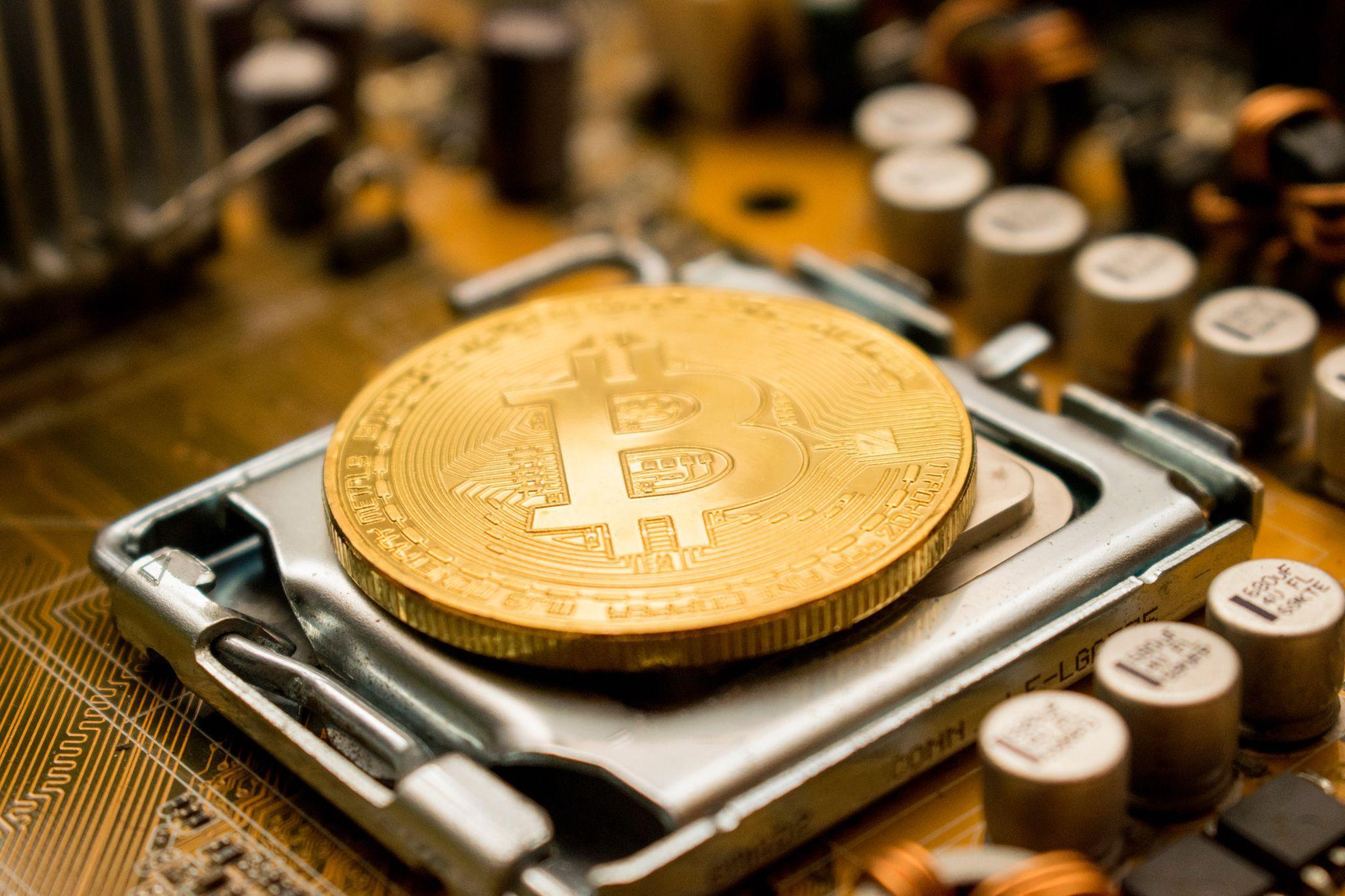
For every 210,000 blocks that are created, the mining rewards are halved, which is known as the halving. This event creates the need for additional computing power to generate the same rewards and has also led to price increases of Bitcoin in the past. Because of the rewards involved, mining has become increasingly competitive, and it’s no longer the easiest way to acquire Bitcoin.
Purchasing Bitcoin
The easiest way to get hold of Bitcoin is simply by purchasing it. While mining still pays out good rewards, you need to have a high-powered machine, such as an ASIC miner and join a mining pool. Even then, you’ll have to ensure your hash rate is high enough to offset electricity costs, and for most people, that isn’t possible without a substantial investment.
Instead, you can purchase Bitcoin directly through an exchange using traditional (fiat) currency. It’s worth noting that you don’t need to purchase a whole Bitcoin. The currency is divisible into eight decimal places, so it’s very easy to buy fractions of a coin. Before using an exchange, make sure it’s fair and trusted, as some exchanges are less reputable than others.
Sending Bitcoin
Once you’ve purchased your Bitcoin, you’ll want to send it off the exchange to your wallet. Bitcoin wallets allow you to easily store your coins and give you more control over them, making it easier to send and receive money. You can choose a mobile, desktop or hardware wallet depending on your personal preferences.
After you’ve set up a wallet, simply copy the address and paste it into your exchange to send your Bitcoin. The transaction will need to be confirmed on the network before your coins arrive, so don’t panic if they don’t show up straight away.
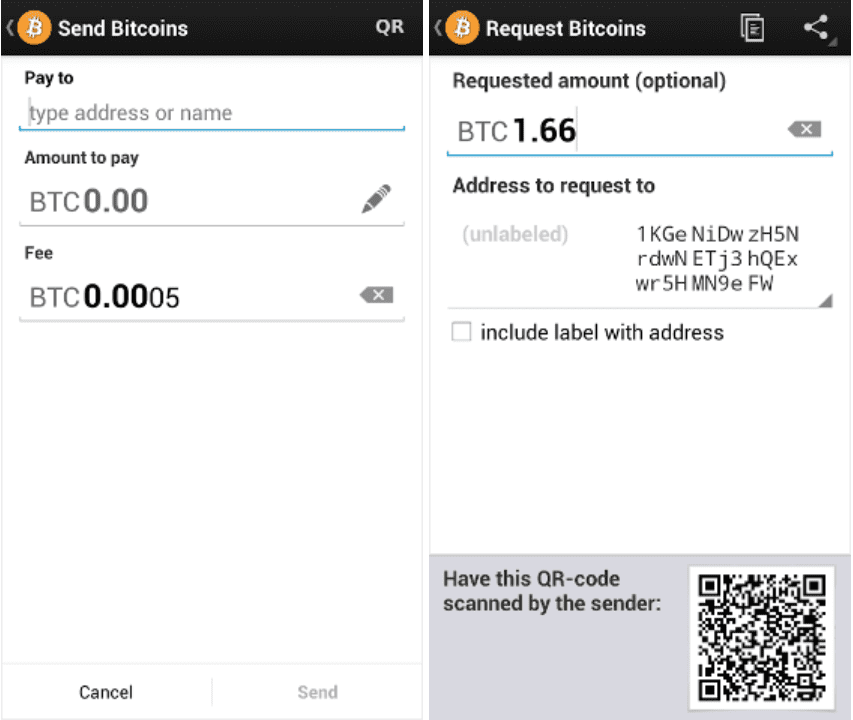
You can send funds from your wallet too, you simply need the address of the person or company that you’re sending it to. Whenever you’re sending Bitcoin, always make sure you copy the address correctly and check that you’re sending it over the right network. If you’re sending a large sum, it’s a good idea to do a small test beforehand.
Bitcoin Features
Here are a few of the most important features that make Bitcoin unique:
-
Decentralised – Bitcoin isn’t owned by anyone, and it’s not controlled by a single group, government or company. The network consists of its users, who also get a say in any changes to the protocol. Decentralisation is a core feature of Bitcoin that allows it to stand out from a lot of other cryptocurrencies.
-
Peer-to-peer – The blockchain is distributed between all devices on the network, and all payments go directly from one entity to another, with no middleman necessary. This helps ensure that Bitcoin is cheap and fast compared to a lot of traditional payments.
-
Public – All transactions are publicly accessible, which helps to eliminate potential fraud and ensures that transparency and trust are maintained. While some people prefer privacy, only addresses are used rather than names.
-
Fixed supply – A key feature of Bitcoin is that there can only ever be 21 million Bitcoins in existence, with mining eventually only yielding network fee rewards. This helps to create scarcity and makes Bitcoin disinflationary, meaning its value is more likely to increase over time.
-
Proof of work – The Bitcoin network runs on the concept of miners, which verify all transactions and are rewarded with a fee when completing a new block. While there are some critics of proof of work, it has helped to establish the network with a fair system of distributing Bitcoin.
- Bitcoin-specific games – Some games on crypto casino sites can only be played with BTC. These games sometimes have higher bonuses or are part of the casino’s leaderboards. They can range from smaller categories like playing lottery with BTC or the more popular ones like the table game BTC baccarat.
The History of Bitcoin
Bitcoin has a very interesting history. Here are some of the key events that have happened since it was created:
-
October 31 2008 – A white paper titled “Bitcoin – A Peer-to-Peer Electronic Cash System” is published by a mysterious author known only as Satoshi Nakamoto.
-
January 3 2009 – The first ever Bitcoin block, known as Block 0 or Genesis Block, is mined.
-
January 9 2009 – The first open-source Bitcoin client software is released, which allows anyone to begin using Bitcoin.
-
May 22 2010 – Bitcoin is used to purchase goods for the first time, with 10,000 mined Bitcoin exchanged for two delivery pizzas in Florida. This transaction was negotiated through the Bitcoin forums.
-
June 2011 – WikiLeaks and many other organisations begin accepting donations in Bitcoins. The decentralised nature of the cryptocurrency made it ideal for organisations that were worried about censorship or freedom of information.
-
February 2014 – Mt Gox, at the time one of the largest Bitcoin exchanges, filed for bankruptcy, resulting in the first major market crash.
-
2017 – Bitcoin continued to gain legitimacy, with several governments, such as Japan and Russia, passing laws to accept it as a legal payment method. In addition, trading volumes continued to increase.
-
20 October 2021 – Bitcoin reaches its all-time high of $66,000.
Bitcoin for Gambling
Bitcoin can be used for any number of things. While some people prefer to hold and hope the price increases over time, others enjoy spending it. In recent years, the number of ways you can spend Bitcoin has increased as more companies begin to accept it, including online casinos.

The first Bitcoin casino launched in 2014, offering a few custom games to players that wanted to gamble with their crypto. Over time, Bitcoin casinos grew more popular and soon, more players than ever were signing up. These sites had a limited selection of games, but as regulations improved and their reputation grew, major software providers also began to allow their games to be featured on Bitcoin casinos. There are now loads of different Bitcoin casinos to choose from, all of which provide hundreds of exciting games and fun bonuses. Remember that playing with BTC or any other currency can lead to gambling problems if not done carefully and with a strict budget that’s always followed.
Bitcoin Casino Regulations
Before joining a casino, it’s important you always make sure it’s licensed and regulated. A license shows that the site has followed strict rules and regulations to keep players safe and that its games are fair to play. Bitcoin casinos are normally licensed by the Government of Curacao.
Provably Fair Games
Because of the public nature of the blockchain, it offers an opportunity to create fair and transparent casino games. Provably fair games such as Dice and Crash are built on the blockchain and can be found at Bitcoin casinos.
You can view the transactions of the game before you play and ensure that it’s fair and its RTP rate is as advertised. Provably fair games are unique in that you can verify the fairness for yourself, unlike regular casino games where you need to trust the casino and software provider.
FAQ
How do I buy Bitcoin?
Bitcoin can be purchased through an exchange, and this is normally the best way to do so. Sites such as Coinbase, Binance, Kraken and Poloniex are some of the most popular, and most allow you to buy Bitcoin with your card.
How do I store my Bitcoin safely?
You can store your Bitcoin in a wallet, with offline wallets being the safest option. While some people leave their coins on an exchange, it’s much safer if you use a wallet as that way you’ll have full control over your crypto.
Is it legal to gamble with Bitcoin?
Depending on where you live, gambling with Bitcoin may or may not be legal. It’s important to always check your local laws before you start gambling, and only ever use sites that are licensed and trusted.
Which casinos accept Bitcoin for deposits?
Lots of casinos now accept deposits made using Bitcoin, and many sites also allow you to gamble with Bitcoin directly. You can find the best Bitcoin casinos here at CryptoCasinos, with our expert reviews helping you find the safest and most exciting sites.
Can I claim casino bonuses using Bitcoin?
Yes, all good crypto casinos offer Bitcoin bonuses to new and current players. You can find the best offers right here at CryptoCasinos, with full details on promo codes and how to claim. Always read through the full terms and conditions before you accept your bonus.
Other Posts
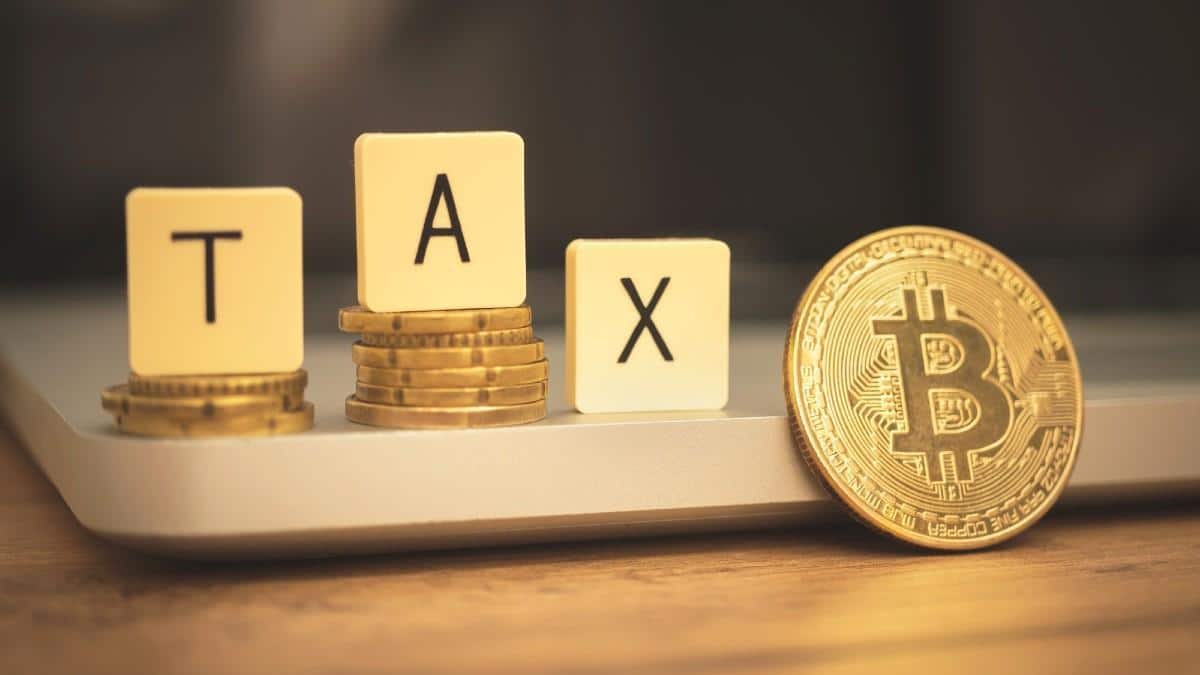
Need To Know Info About Taxes at Crypto Casinos
by Emma Feller
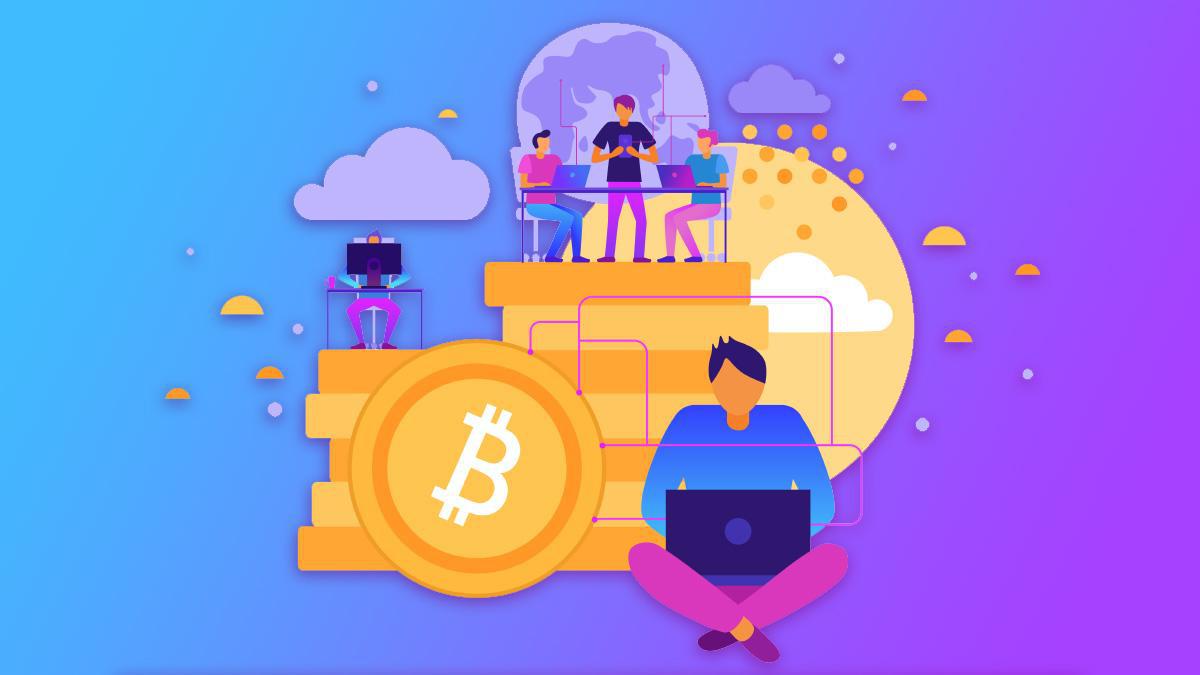
Why Are Bitcoin Casinos Popular?
by Emma Feller
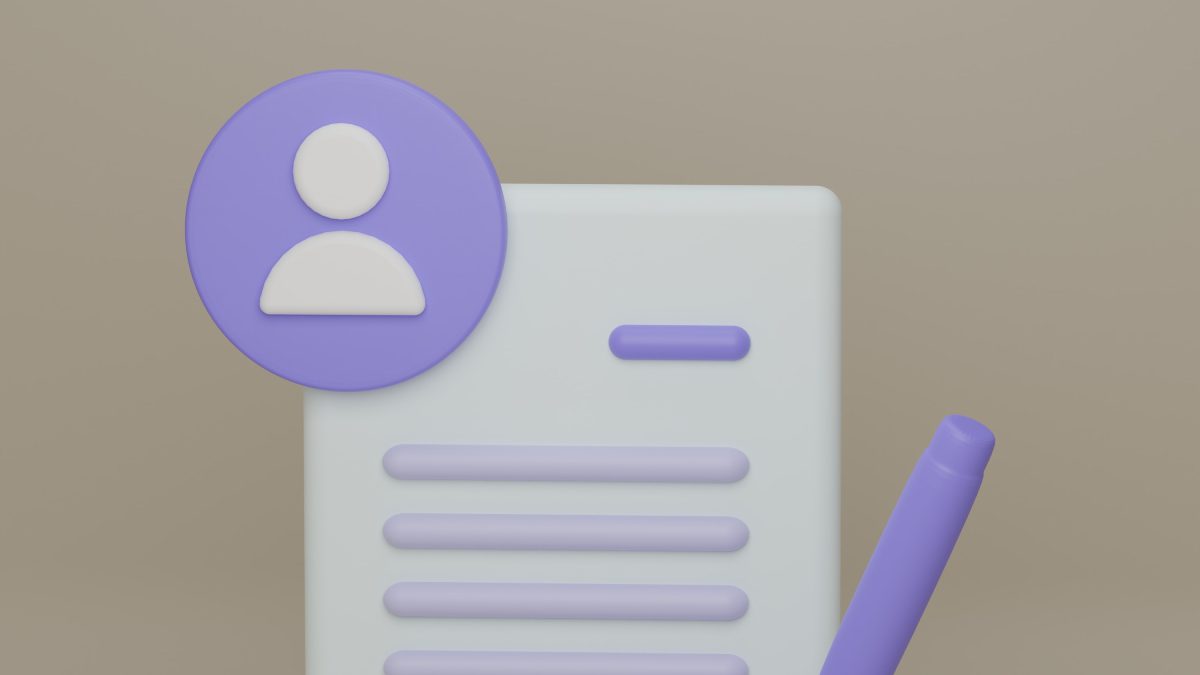
Why KYC at Crypto Casinos is Important
by Emma Feller
Other Posts

Need To Know Info About Taxes at Crypto Casinos
by Emma Feller

Why Are Bitcoin Casinos Popular?
by Emma Feller

Why KYC at Crypto Casinos is Important
by Emma Feller